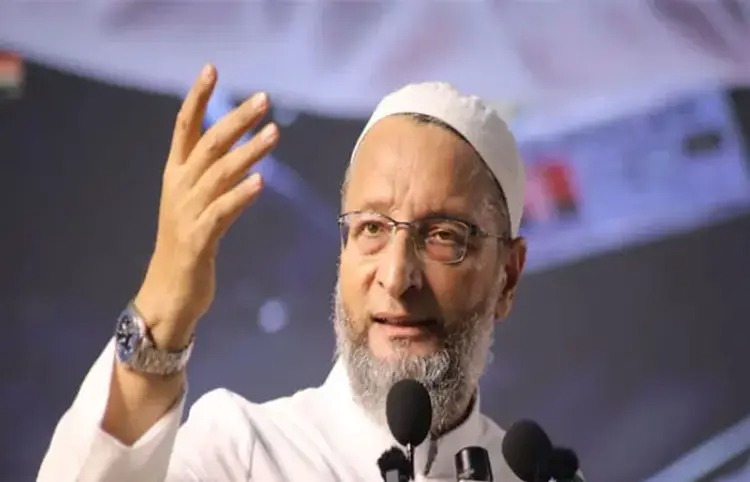
Temple Mosque controversy: The Supreme Court will hear the petition of All India Majlis-e-Ittehadul Muslimeen (AIMIM) President Asaduddin Owaisi on January 2. In the petition, Owaisi has demanded implementation of the Places of Worship law in the country. Owaisi had filed the petition on December 17 through lawyer Fuzail Ahmed Ayubi.
Demand for effective implementation of the law
In his petition, Owaisi has sought an order to the Central Government to determine the effective implementation of the law. Owaisi’s lawyer alleged that several courts had ordered surveys of mosques on petitions by Hindus. The arguments of the Muslim side demand implementation of the Places of Worship Act 1991 to maintain communal harmony and the current status of mosques.
A Hindu party challenged the constitutionality of the law
The Hindu side claims that there were temples at these places before the invasion by the invaders. Several petitions challenged the constitutionality of the Places of Worship Act. Gyanvapi Masjid Management Committee has filed a petition against this in the Supreme Court.
The committee cited Shahi Idgah Mosque in Mathura, Quwwat-ul-Islam Mosque near Qutub Minar in Delhi, Kamal Maula Mosque in Madhya Pradesh, among other claims. The committee said the petitions challenging the law were filed with a mischievous intention to facilitate cases against these religious places.
Supreme Court ban on latest case
On December 12, a bench headed by Chief Justice Sanjiv Khanna heard several petitions and directed all courts to hear fresh cases and pass interim or final orders in the pending case for restoration of religious places, especially mosques and dargahs. Stopped from. During the hearing, the bench said that the matter is pending in this court. Therefore, we understand that no new cases will emerge.
The Supreme Court has stayed the proceedings of about 18 cases filed by Hindu parties. It demanded a survey of 10 mosques including Gyanvapi in Varanasi, Shahi Idgah Mosque in Mathura and Shahi Jama Masjid in Sambhal.
Ashwini Upadhyay also filed an application
The special bench also included Justice Sanjay Kumar and Justice KV Vishwanathan. The bench heard six petitions. In which lawyer Ashwini Upadhyay has filed an application. He has challenged various provisions of the Places of Worship (Special Provisions) Act, 1991. He argues that ‘the provision of the Act takes away the right of an individual or religious group to seek judicial remedy to reclaim their place of worship.’
What is the Places of Worship Act?
The Places of Worship (Special Provisions) Act, 1991 prohibits alteration of the character of any religious place. Any place of worship under the Act will remain exactly as it was on 15 August 1947.
 look news india
look news india